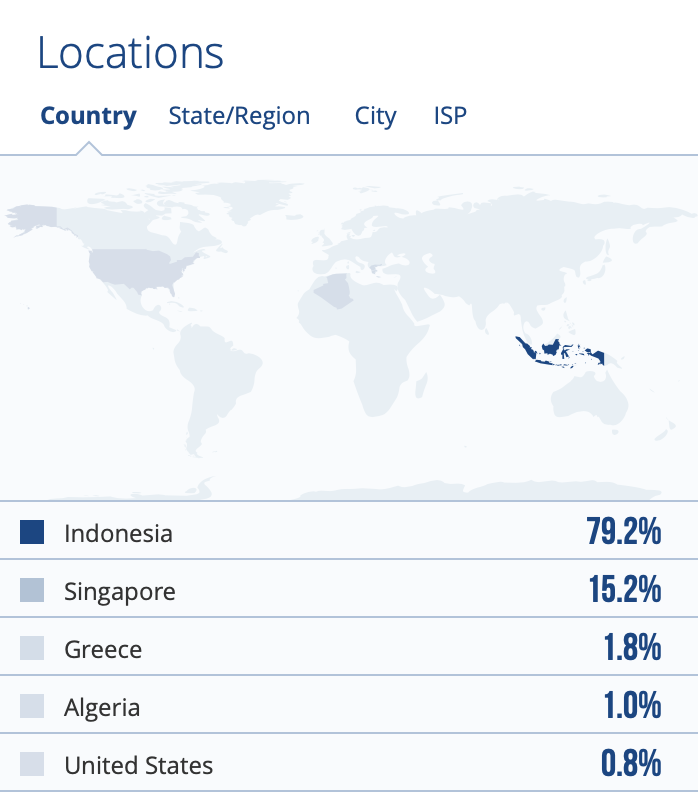CORRECTIVE FEEDBACK AND UPTAKE PATTERNS IN ENGLISH LESSONS AT A TERTIARY INSTITUTION
Keywords:
corrective feedback, error, law university, English lesson, uptakeAbstract
New teaching methods have led to the changes in the teachers’ roles in an English class, in which teachers’ error correction is an integral part. Language error and corrective feedback have been the interest of many researchers in foreign language teaching. However, the techniques and the effectiveness of teachers’ feedback have been a question of much controversy. This present case study has been carried out with a view to finding out the patterns of teachers’ corrective feedback and their impact on students’ uptake in English speaking lessons of legal English major students at a Law University. In order to achieve those aims, the study makes use of classroom observations as the main method of data collection to seeks answers to the two following questions: 1. What patterns of corrective feedback occur in English speaking lessons for legal English major students in a Law University? 2. To what extent does that corrective feedback lead to students’ uptake? The study provided some important findings, among which was a close relationship between corrective feedback and uptake. In particular, recast was the most commonly used feedback type, yet it was the least effective in terms of students’ uptake and repair, while the most successful feedback, namely meta- linguistic feedback, clarification requests and elicitation, which led to students’ generated repair, was used at a much lower rate by teachers. Furthermore, it revealed that different types of errors needed different types of feedback. Also, the use of feedback depended on the students’ English proficiency level. In the light of findings, a number of pedagogical implications have been drawn in the hope of enhancing the effectiveness of teachers’ corrective feedback to students’ uptake in foreign language acquisition process.
Downloads
Published
How to Cite
Issue
Section
License
Copyright (c) 2024 English Education and Applied Linguistics Journal (EEAL Journal)

This work is licensed under a Creative Commons Attribution-NonCommercial-ShareAlike 4.0 International License.






